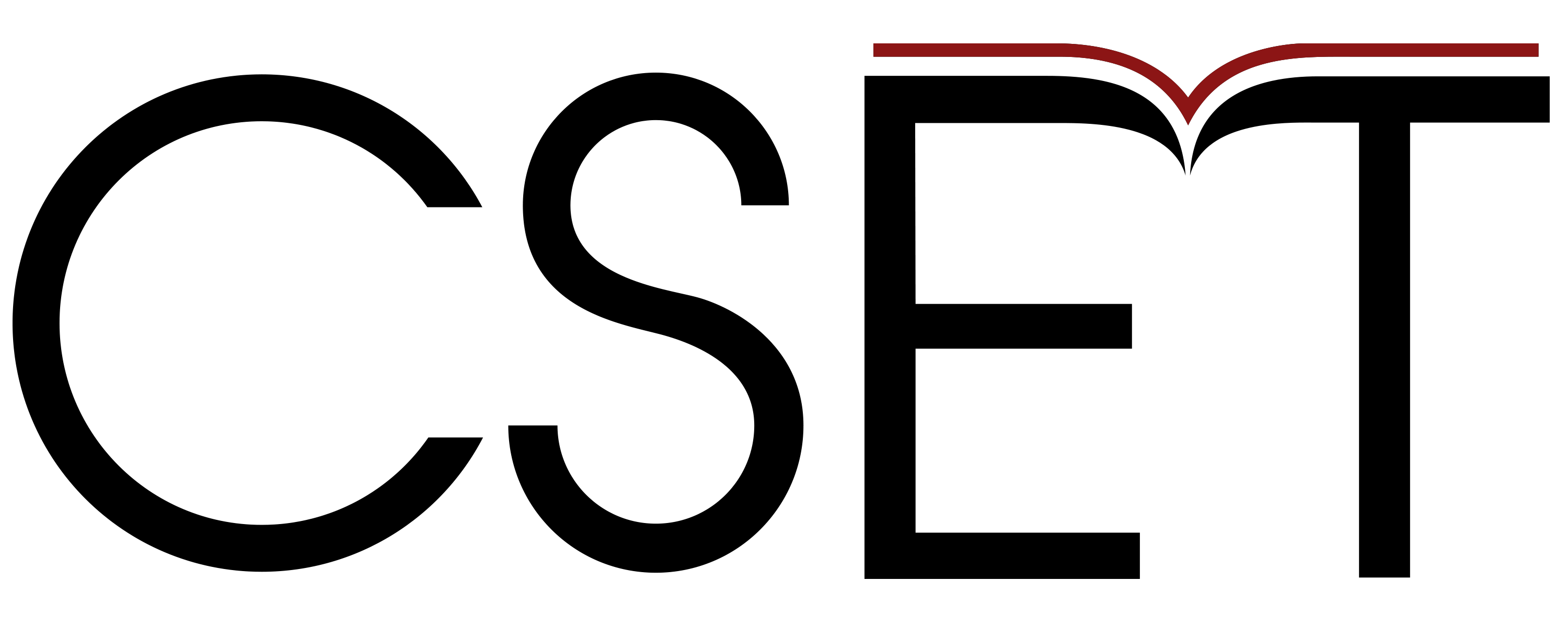Partnership with Stanford Global Studies
Course on Latin America and the Cold War brings high school educators to campus

Teachers engage with curators during a guided visit to the Hoover Institution Library & Archives collection, where they consulted ephemera and other primary sources from Latin America during the Cold War.
Photo credit: Molly Aufdermauer
JUL 30 2019
In June, history and social science teachers gathered at Stanford to take part in a professional development course on Latin American and the Cold War.
Sponsored by the Center for Latin American Studies and the Center to Support Excellence in Teaching (CSET), the course offered teachers an opportunity to deepen their understanding of an important subject matter and sharpen their pedagogical expertise.
The course was designed to reflect the revised History-Social Science Framework for California Public Schools, which relies upon students being active participants in the learning process. Sessions taught by CSET instructor Nicole Elliott focused on how to strengthen teaching practices to foster vibrant academic discussions between students in the classroom.

Left: Kevin McKenna, Adriana Diaz Ross, and Jamilya Ukudeeva (left to right) rehearse how to elicit student thinking with a political cartoon about South America during the Cold War era.
Teachers listened to leading Stanford scholars discuss how the Cold War impacted, and was shaped by, Latin America and the Caribbean, specifically Cuba. Scholars underscored the role of underrepresented populations, including women and indigenous groups, in the conflict.
Attendees learned how to leverage primary sources, literature, and scholarly texts to create curricula that encourages students to think critically about key historical events. “I want to take the knowledge and experience gained from this institute and revamp our school’s history curriculum that would make the Cold War relatable for myself and my students,” one teacher said.
While on campus, the teachers visited the Hoover Institution Library & Archives to consult primary resources from the early years of the Cuban revolution, including photographs, newspapers, and posters.
The course also included a guided visit to the Mission District murals in San Francisco. The trip allowed teachers to witness the role that migrants and refugee peoples—particularly those from Latin American countries impacted by the Cold War—have had in creating and shaping local communities in the United States.

One participant commented, “The pedagogical and curricular training were very useful, not only for planning a unit in this content area, but for providing a framework I can apply to the development of all my units.”
Following the in-person course, attendees will participate in two virtual follow-up sessions to share resources and implementation strategies with other instructors.
Right: Ben Todd (foreground) and David Emanuel provide feedback on their colleagues' conceptual unit plans on the Cold War in Latin America.
